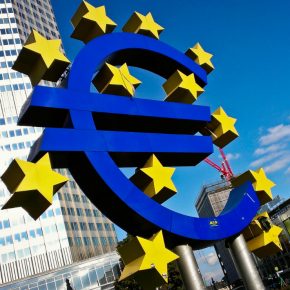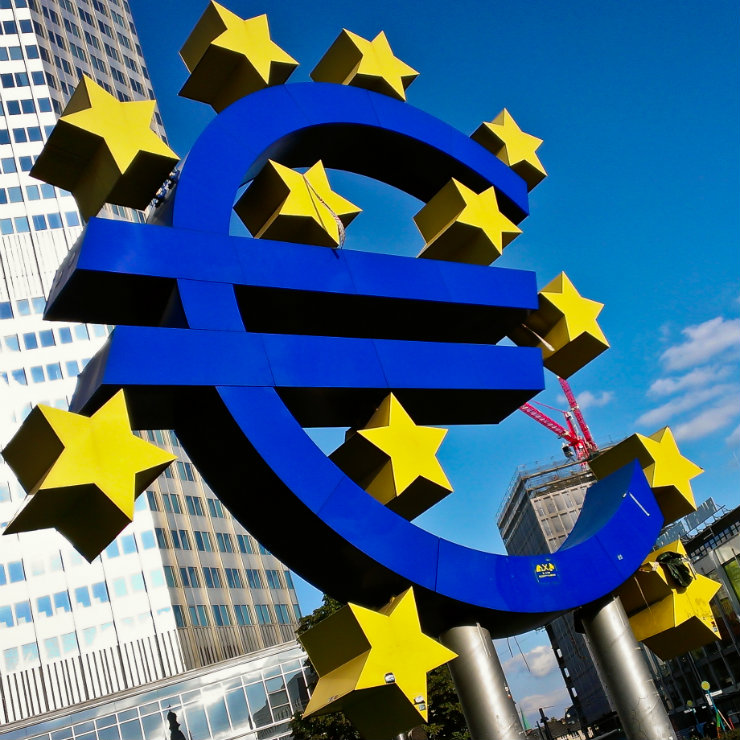
(Chris Goldberg, CC BY-NC)
The project “Euro Implementation Strategy in Croatia” was presented at a conference jointly organized by the Government of the Republic of Croatia and the Croatian National Bank. Croatian Prime Minister Andrej Plenković and the CNB Governor Boris Vujčić talked about the strategy at the conference. According to the PM, Croatia aspires to enter the Eurozone in eight years. Mr. Plenković believes that the euro implementation will benefit both the economy and the citizens.
“People will not worry about currency risk, and the loan and transaction costs will be lower. Our country will be more competitive. Some people have wrong interpretation of the inflation increase. Over the last couple of years, the price growth in the Eurozone has been lower than that in Croatia, while the wage growth has been at a higher level than in our country. It is not true that we will eventually end up with European prices, but Croatian wages. Such a presumption is nothing but a myth that needs to be destroyed,” the PM pointed out.
The CNB Governor Boris Vujčić noted that they could not talk about the exact date of the realization of the euro implementation plan, but they could tell what exactly Croatia’s primary goal was – to join the exchange rate mechanism (ERM II) by 2020. He emphasized that the greatest benefits of the euro implementation were currency risk reduction, lower interest rates, lower transaction costs, as well as incentive for international trade and investment. Disadvantages of the euro implementation are the following: the loss of independent monetary policy, the risk of price growth after the changeover, conversion costs, and the price of being a part of the European exchange rate mechanism. However, those countries that introduced the euro as official currency also had to face such risks and political and economic consequences of the process of implementation.
The Governor stated that there was no reason for the citizens to worry about significant price growth. According to him, here’s what statistical analysis shows “In those countries that introduced euro, the average inflation increase was between 0.2-0.3 per cent,” he said. The CNB’s estimates show that the price growth should be around 0.2%.
The Minister of Finance Zdravko Marić elaborated on the procedure for the euro implementation. Namely, accession negotiations for entering the exchange rate mechanism ERM II are kept secret, and there are no official criteria that are to be fulfilled, but just a scrutiny of the fundamental economic and political parameters.
In order for Croatia to enter the Eurozone, the public debt should be lower than 60 per cent of the GDP. Nonetheless, it might be enough to note debt-to-GDP downward trend. According to the Minister of Finance, Croatia should reduce the public debt share by 1.3 per cent, but the good news is that the rate is already twice as high as that.
However, Mr. Marić reminded that there were still some macroeconomic problems, such as the net international investment position, the general government debt, and the unemployment rate. According to the parameters, it is desirable that the three-year average unemployment rate should be below 10 per cent (the unemployment rate in Croatia this year has ranged from 10-12 per cent).
Some people in Croatia disapprove such monetary policy. Maruška Vizek, a deputy director for research at the Institute of Economics, believes that the country will lose the independence of monetary policy as a result of changeover because the exchange rate will be fixed, and Croatia will not be able to adopt the euro at that moment, which will deprive the country of any benefits that such a change would otherwise bring. „What I think we need, if we are to adopt the euro, is to do so as soon as possible, but the authorities need to show us some credible evidence that they can guarantee that the fiscal criteria will be fulfilled to a great extent in three or four years,” Ms Vizek underlined.
Should Croatia decide to introduce the euro, the country will file an official application to enter the ERM II exchange rate mechanism, which means that the country’s monetary system will be scrutinized in order to assess whether it is feasible for the country to introduce the euro as official currency or not. The last time this was done was in 2009 when Bulgaria applied for the introduction of the euro. However, it was rejected. In 2005, Slovakia went through a similar procedure, but unlike Bulgaria, this country is now in the Eurozone.
Milica Milojević is an economist, published economic analyst, and a part-time economic journalist with corporate, banking, and consulting experience. She has written papers on monetary and political economics, and economic history of Serbia and the Balkans.


